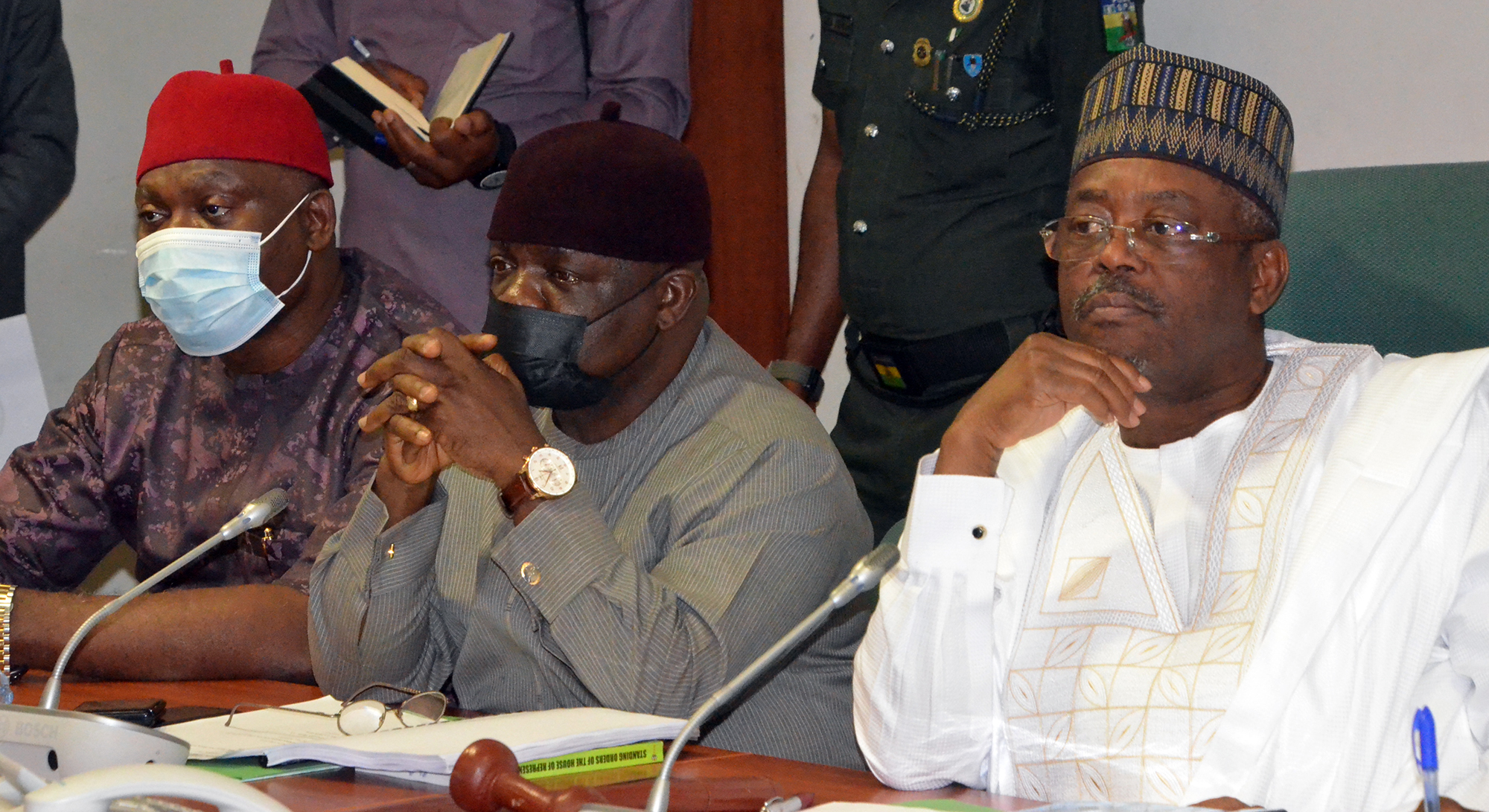Business
Expert Seeks Domestication Of Building Code

An expert in the in estate industry Edmund Onu, has called on the National Assembly to accelerate action towards delivering a law that would give legal backing for the domestication of the National Building Code.
He noted that the absence of an enabling legislation for the domestication of the code had largely contributed to the ineffectiveness in the regulating procedures and processes in the nation’s real estate industry.
Onu, an architect, who disclosed this in an interaction with aviation correspondents, Monday, noted that domestication and development of codes, standards and regulations are necessary for building and engineering infrastructure in Nigeria.
“The code is yet to be backed by any legislation, which explained why most professionals had yet to accept it as a document to guide real estate development in Nigeria.
“The code provided that all State governments and the Federal Capital Territory should domesticate the document, but uptill now, you might notice that many of the states had yet to begin the process of domesticating the code”, he said.
According to him, the aim of the building code was to establish minimum requirements to safeguard public health, safety and general welfare in the process of pre-design, design, construction and post-construction stages of the life cycle of buildings and structures.
“Building code and regulations exist to safeguard the public health and general welfare from fire and other hazards attributed to the built environment.
“It is to establish minimum requirements to safeguard public health, safety and general welfare in the processes of pre-design, design, construction, and post-construction stages of the life cycle of building and structures.
”The code was produced and approved in 2006 for use in Nigeria. It is to, among others, address incessant collapse of buildings, fire incident in buildings and other disasters; dearth of referenced design materials for professionals; and use of non-professional.
“Others include the use of untested products and materials; inadequate planning of our towns, cities and other built environment abuses; lack of adequate regulations and sanctions for non-compliance; and inadequate database to aid sustainable building process”, Onu explained.
By: Corlins Walter
Business
Two Federal Agencies Enter Pack On Expansion, Sustainable Electricity In Niger Delta

Business
Why The AI Boom May Extend The Reign Of Natural Gas

Business
Ogun To Join Oil-Producing States ……..As NNPCL Kicks Off Commercial Oil Production At Eba

-

 Politics4 days ago
Politics4 days agoAPC Releases Adjusted Timetable For Nationwide Congresses, Convention
-
Sports3 days ago
DG NIS Wants NSC Board Constituted, Seeks Increased In Funding
-

 Business3 days ago
Business3 days agoCustoms Seek Support To Curb Smuggling In Ogun
-

 Featured3 days ago
Featured3 days agoINEC Proposes N873.78bn For 2027 Elections, N171bn For 2026 Operations
-

 Sports3 days ago
Sports3 days agoSWAN Rivers Set-up Five Functional Committees
-
News3 days ago
Police Bust Kidnapping Syndicate In PH
-
Sports3 days ago
NSC Disburses N200m Training Grants To 26 Athletes
-
Sports3 days ago
‘NTF Will Build On Davis Cup Success For Brighter Future’

